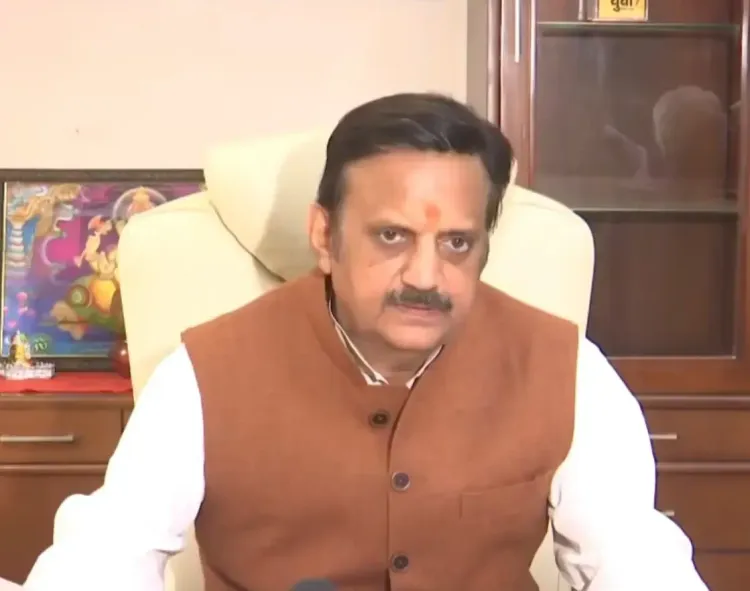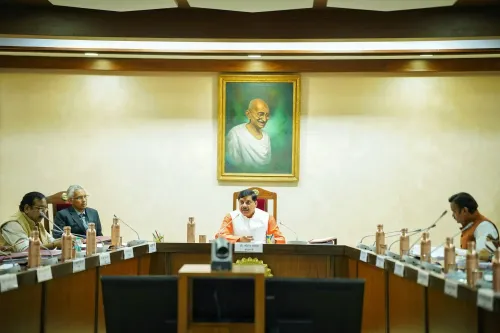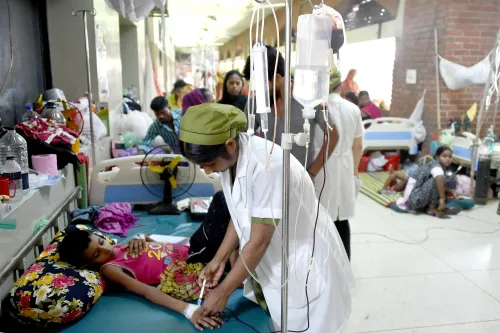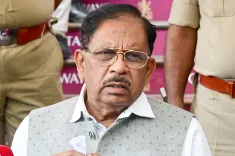Has MP Launched Rs 4,000 Monthly Support for Vulnerable Children Under 'Mission Vatsalya'?

Synopsis
Key Takeaways
- Rs 4,000 monthly financial aid for vulnerable children.
- Focus on non-institutional care programs.
- Support for children with challenging family circumstances.
- Empowerment of families to ensure safety and care.
- Long-term benefits include better child outcomes.
Bhopal, Nov 18 (NationPress) In a significant advancement for child welfare, the Madhya Pradesh government announced financial assistance under the centrally sponsored 'Mission Vatsalya Yojana', providing Rs 4,000 per month for each child involved in non-institutional care programs. This initiative aims to support children in foster care, after-care, and those residing with widowed, estranged, divorced, or terminally ill parents, ensuring they receive crucial assistance for education, nutrition, and health while avoiding institutionalization.
According to Deputy Chief Minister Rajendra Shukla, the state has identified 33,346 such children who will benefit from this financial aid, with 60 percent of the funds coming from the Central government and the remaining from the state government. The cabinet has approved a budget of Rs 1,022 crore for this purpose.
Mission Vatsalya is a comprehensive initiative by the Ministry of Women and Child Development, emphasizing family-based care as opposed to orphanages, in line with the Juvenile Justice (Care and Protection of Children) Act.
The monthly grant of Rs 4,000 encompasses sponsorship for children with extended families, foster care placements, and after-care.
The deputy chief minister praised this initiative as a move towards “leaving no child behind,” focusing on rehabilitation and reintegration into society.
“This financial assistance will empower vulnerable families to raise children in a home-like environment, protecting them from exploitation and abuse,” he stated.
The central government's contribution alleviates the financial strain on states with high populations of at-risk children who face significant challenges. “This scheme promises long-term social advantages — reduced institutionalization and improved child outcomes,” added the deputy chief minister.
With potentially millions of children eligible nationwide, the initiative's success relies on effective identification through Child Welfare Committees and District Child Protection Units. Local processing of applications ensures that funds are directly transferred to families or caregivers. As the state celebrates Children's Day this week, this announcement reaffirms the government's dedication to child rights, Shukla concluded.









